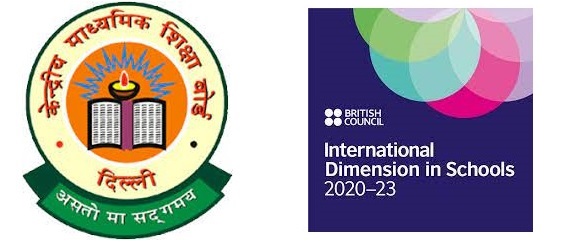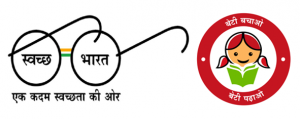EDUCATION IS THE KEY TO EMPOWERMENT
“Empowered teachers produce empowered children, empowered children produce empowered Nation”
The school, with the help of a committed and dedicated staff, fosters a teaching environment which is:
- Receptive and supportive for learning.
- Based on instructional process catering to the individual needs of each child.
- An integration of different teaching methodologies and strategies for better understanding based on alternate ways of learning.
In order to match the expectations of the current trends in the field of education, our teachers empower themselves with the following qualities and competencies:
- An attitude of empathy and acceptance which makes a child feels valued.
- Competence in observing both verbal and non-verbal behavior of children and an ability to assess them on these parameters.
- Ability to use a variety of instructional methods, and is skillful in setting specific objectives, asking questions and assessing children’s progress.
- Resourcefulness i.e. to recognize the “teachable moments” and involving the school community.
- Broad view of the learning process and capitalizes on the children’s interests and experiences.
- Sensitivity to children’s needs, in order to develop a sense of self-worth and competence in them which would help them to meet the demanding challenges in future with confidence.
- Comfortable in the integration of ICT in teaching- learning process and other related areas.
As the education industry is undergoing a transformation, so is the role of the teacher, from that of an instructor to a facilitator. Teacher Training Programmes (TDPs) at RDPS are conducted to facilitate the enhancement of the skills, capabilities and knowledge of teachers.
OBJECTIVES OF TRAINING AND DEVELOPMENT
- Empowering the teachers
- Optimizing the utilization of human resource
- Development of technical and behavioral skills that helps a teacher in attaining personal growth
- Increasing the productivity level
- Inculcating the sense of team work, team spirit, and inter-team collaborations
- Building the positive perception and feeling about the organization
- Creating a healthy working environment and a better corporate image
- More effective decision making and problem solving
- Developing leadership skills, motivation, loyalty, better attitudes
Professional Development of teachers is done at three levels
Beginner level of Teacher Empowerment– The new appointees and teachers with experience of 0-3 years are mentored either by the class coordinators or senior faculty members. The areas of mentoring involve lesson planning, teaching pedagogies and use of ICT resources.
Intermediate level of Teacher Empowerment ( 3- 8 yrs experience)- The teachers falling under this category are groomed into empowered educators through various formal and informal workshops that enhance their teaching methodology and pedagogical approach.
The training at this stage leads to
- Increased confidence and self- respect as professionals
- Evolved subject knowledge
Advanced or Sustenance Level of Empowerment ( 8+ yrs exp)- The faculty members with more than 8 years of teaching experience participate in avenues that strengthen their subject pedagogies and interpersonal relationships at workplace and encourage them to become lifelong learners. The professional development programme at this level leads to:
- Improvement of self-efficacy through student success
- Maturing sense of Autonomy through involvement in decision-making
- Sharing and exchange of ideas through Research and Development
Areas of training or development are identified on the basis of classroom observations and feedback from the concerned incharges. Various ICT training programmes are also scheduled depending on the updation of the ICT infrastructure. Staff exchange programmes with schools abroad, workshops, seminars and conferences, interactions with subject experts, and library reference slots provide plethora of opportunities to teachers to hone their teaching – learning and other related skills.
‘When we focus on teachers, our students succeed’





